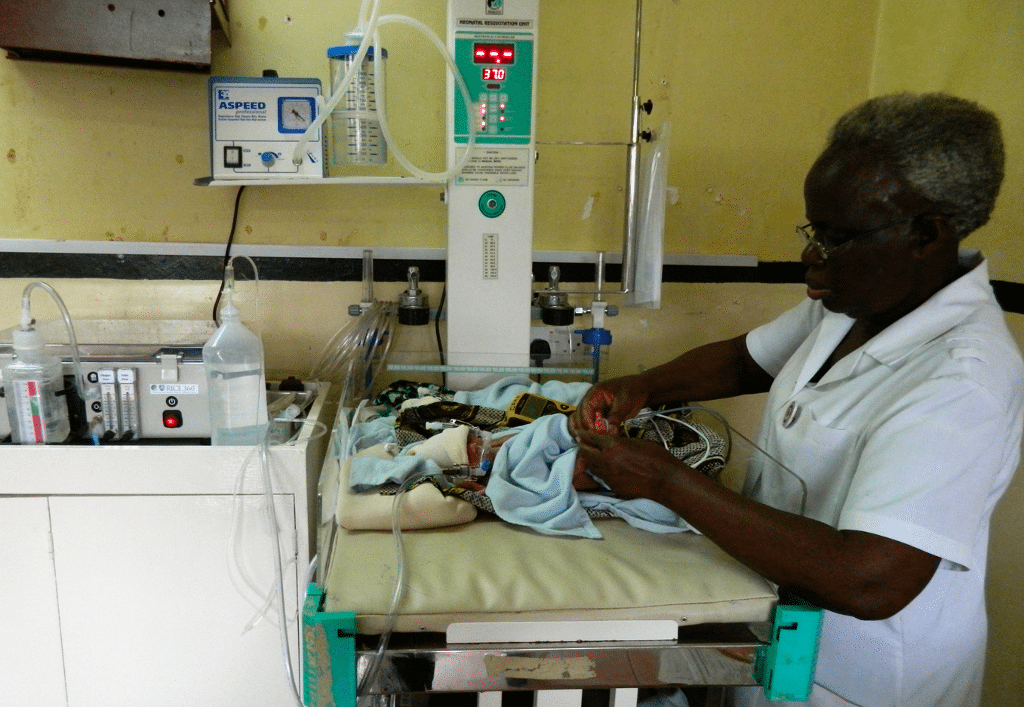Welcome to The Big Design Questions, a weekly series that tests and challenges design principles that we promote for creating techologies that meet basic needs in uderserved regions. Khanjan Mehta, a contributing editor at E4C and head of the Humanitarian Engineering and Social Entrepreneurship (HESE) program at Penn State, and his students first posed this week’s question in a paper published in the IEEE Technology and Society Magazine. Khanjan offers his thoughts below and we’d like to put the question to the entire community if you would please share your comments at the end.
Should Technologies be Deskilled to Allow More People to use Them?
Deskilling operation is an important trend in technology now. It’s the attempt to allow anyone to operate devices with little outside instruction. Deskilling can increase a product’s customer base and decrease the chance of misuse. At the same time, however, it can foster dependency and not actually address all the systemic issues that users face.
It may seem obvious at first that making a device easy to use should be a priority, but that is not always the case, as the following two examples show.
The first example comes from India, where cellphone companies are devoting resources to simplify services like mobile money transfers. These services allow customers to pay for things and receive payment through their phones. However, many less educated users lack the trust and self-confidence to use the service by themselves. Instead, they go to a local agent for the transaction. In this case, the extra effort to simplify the application for end-users is not needed.
Another example comes from the healthcare field, where direct-to-consumer technologies have tried to deskill the operation of the device and promote self-medication. Biomedical devices like glucose monitors, scales, and thermometers are marketed to individual consumers. However, the usefulness of certain tests and the implications of their results are often difficult to convey to less-educated users. An example of this would be over-the-counter HIV tests that can be completed in the privacy of one’s home. The device is a technological improvement, but the educational and medical information needed after an HIV diagnosis is not necessarily accessible. Therefore, many patients still go to testing centers for assistance.
A more appropriate approach to this system might be to provide these devices and educational materials to community health workers. That relatively simple shift would remove the emphasis on deskilling to instead focus on the entire pre- and post-diagnosis user experience.
As long as deskilling a device has research and development costs, designers should consider whether it is worth it.
Technology developers need to incorporate systems-level issues into the design process. They should consider who will be using the device, what that person’s educational level will be, and what situations the technology could precipitate.
We’d like to hear your opinion on this design issue: How much should we prioritize the deskilling of devices?

